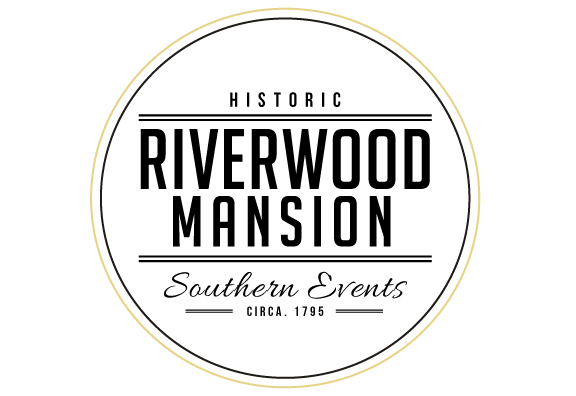Riverwood has been referred to as one of Nashville's grandest homes. It was lavishly decorated and filled with magnificent furnishings and works of art. The home was recognized as a seat of Southern hospitality for over a century and a half and throughout the years, was the scene of lavish parties honoring many of the South's most famous and prominent figures. Family records indicate that presidents Jackson, Polk, Pierce, Johnson, Cleveland, Roosevelt, and Taft and Vice President Adlai Stevenson were personal friends with the Coopers and were entertained at Riverwood. And the poet Robert Penn Warren spent a summer at Riverwood when he was a visiting Professor at Vanderbilt.
Riverwood is a house where men and women of all walks of life have been entertained. And since the house was used for entertaining throughout most of its history it is only fitting that it be used for entertaining now. As Nashville's first Historic Event House, Riverwood Mansion now hosts events for its guests and once again is the seat of Southern Hospitality in Nashville!
Riverwood mansion shown here 1975 is on a bluff above the Cumberland River. The site, now is basically between Stratford High School and Cornelia Fort Airport, and was originally a 2,500-acre.
History provided by Mary Bob McClain Richardson. 8/22/2007






































